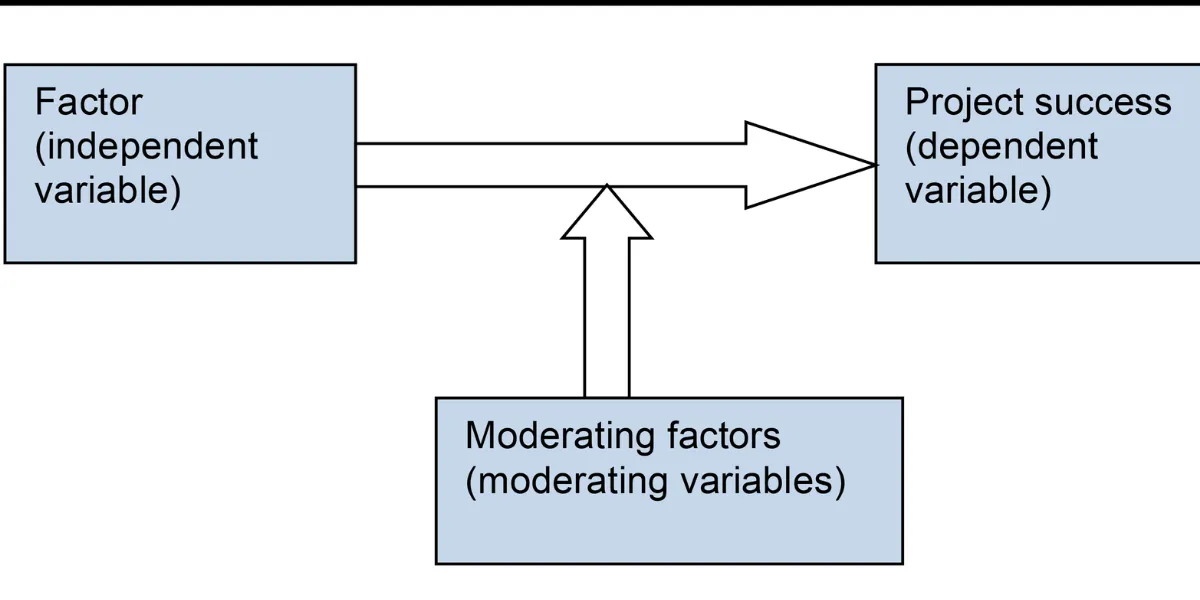Condo living in Toronto offers convenience, community, and often a vibrant urban lifestyle. However, amidst the hustle and bustle of city life, it’s crucial not to overlook the importance of protecting your investment with condo insurance. Whether you’re a first-time condo owner or considering a move to Toronto, understanding condo insurance basics is essential. In this guide, we’ll break down everything you need to know about condo insurance in Toronto, from coverage options to cost factors and more.
Understanding Condo Insurance Basics

Condo insurance, also known as HO-6 insurance, is designed to protect condo owners from financial losses due to unforeseen events such as theft, fire, or natural disasters. Unlike renters insurance, which covers only personal belongings, condo insurance also includes coverage for the interior of your unit and liability protection.
Why Condo Insurance is Essential in Toronto
Toronto’s dynamic urban landscape comes with its own set of risks, including extreme weather conditions, theft, and accidents. Condo insurance provides peace of mind by offering financial protection against these risks. Additionally, most condo associations in Toronto require unit owners to carry insurance to ensure adequate coverage for both individual units and common areas.
Types of Coverage in Condo Insurance

Condo insurance typically includes several types of coverage:
Dwelling Coverage: Protects the interior structure of your condo unit, including walls, floors, and fixtures.
Personal Property Coverage: Covers your belongings, such as furniture, electronics, and clothing, in case of damage or theft.
Liability Coverage: Provides financial protection if you’re held responsible for injuries or property damage to others.
Additional Living Expenses Coverage: Reimburses you for temporary housing and other expenses if your condo becomes uninhabitable due to a covered loss.
Dwelling Coverage: Protecting Your Condo Unit
Dwelling coverage is crucial for condo owners, as it protects the physical structure of your unit. In the event of damage from fire, water leaks, or other covered perils, dwelling coverage helps cover the cost of repairs to your condo’s interior, including walls, ceilings, and built-in appliances.
Personal Property Coverage: Safeguarding Your Belongings

Personal property coverage ensures that your belongings are protected against theft, vandalism, or damage caused by covered perils. It’s essential to take inventory of your belongings and determine their value to ensure adequate coverage under your condo insurance policy.
Liability Coverage: Shielding Against Lawsuits
Liability coverage is designed to protect condo owners from potential lawsuits resulting from accidents or injuries that occur within their unit. Whether it’s a slip-and-fall accident or damage caused by a pet, liability coverage helps cover legal expenses and medical bills for third parties.
Additional Living Expenses Coverage: Financial Support During Displacement

In the event that your condo becomes uninhabitable due to a covered loss, additional living expenses coverage can provide financial assistance for temporary housing, meals, and other necessities. This coverage ensures that you’re not left financially burdened while your condo is being repaired or rebuilt.
Master Policy vs. Individual Policy: Clarifying the Differences
Condo insurance policies work in conjunction with the master insurance policy held by the condo association. While the master policy covers the building’s structure and common areas, individual condo insurance policies provide coverage for your unit’s interior, personal belongings, and liability.
Key Factors Influencing Condo Insurance Costs

Several factors can influence the cost of condo insurance in Toronto, including the value of your condo, the level of coverage selected, your deductible amount, and your location within the city. Additionally, factors such as building age, construction materials, and proximity to fire stations may also impact insurance premiums.
Common Misconceptions About Condo Insurance
Misconceptions about condo insurance abound, with some believing that they’re covered by the condo association’s master policy or that renters insurance provides sufficient protection. It’s essential to understand the limitations of these policies and secure adequate coverage tailored to your needs as a condo owner.
Tips for Finding the Right Condo Insurance Policy
When shopping for condo insurance in Toronto, it’s essential to compare quotes from multiple insurers and consider factors such as coverage limits, deductibles, and exclusions. Working with an experienced insurance agent can help you navigate the complexities of condo insurance and find a policy that meets your needs and budget.
Steps to Take in Filing a Condo Insurance Claim

In the event of a covered loss, filing a condo insurance claim can seem daunting. However, by following a few simple steps, you can streamline the process and ensure a smooth claims experience. Be sure to document the damage, notify your insurance provider promptly, and keep detailed records of all communication and expenses related to the claim.
Frequently Asked Questions About Condo Insurance in Toronto
To wrap up our guide, let’s address some common questions about condo insurance in Toronto:
Do I need condo insurance if I rent out my unit?
Can I save money on condo insurance by installing security features?
What happens if I exceed my policy’s coverage limits?
By understanding these key aspects of condo insurance, you can make informed decisions to protect your investment and enjoy worry-free condo living in Toronto.
Click here for more visited Posts!




